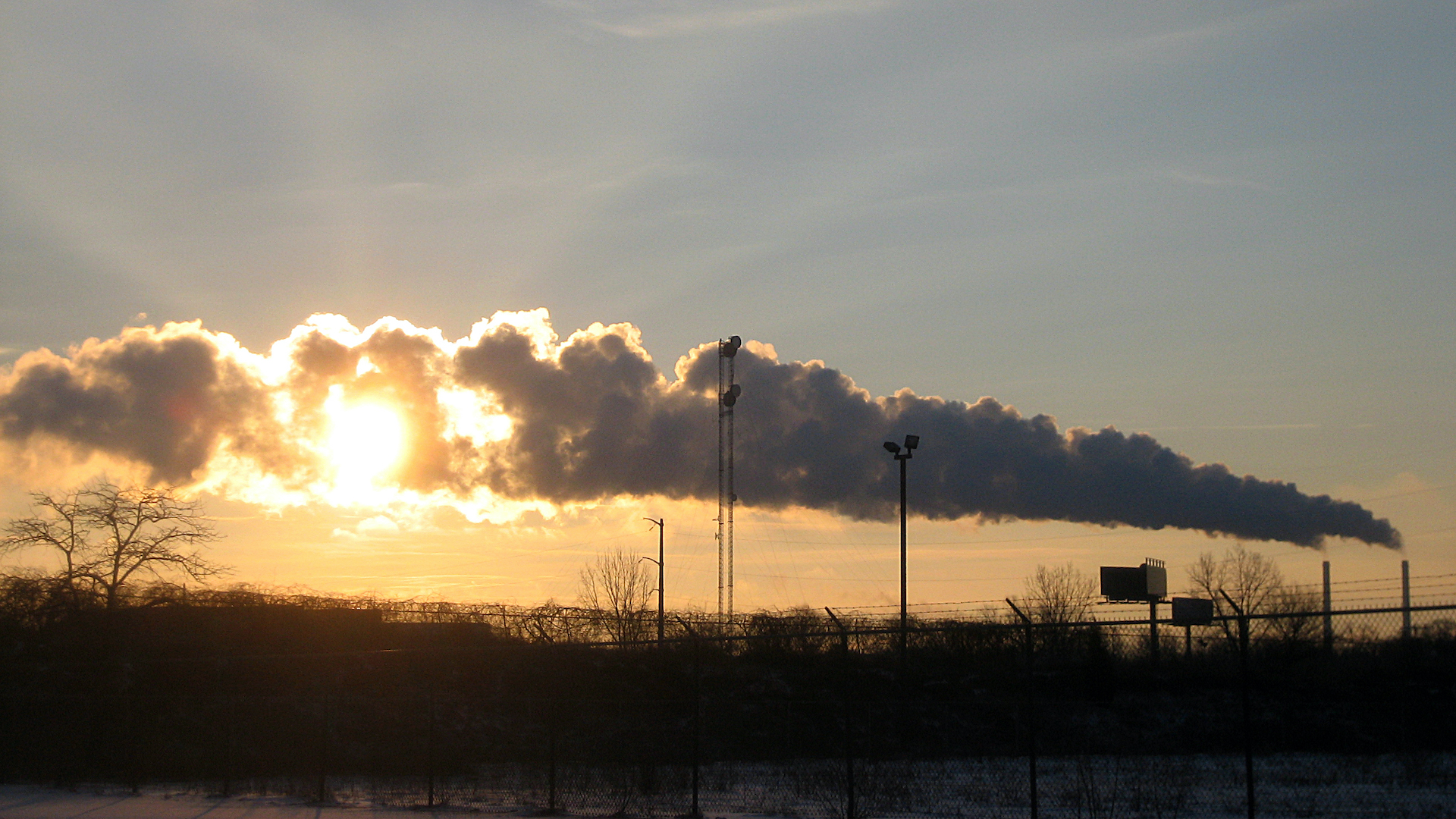If COP26 has delivered the game changing agreement the world needed, why does it feel like Boris Johnson just found the snooze button on the ticking time bomb that is climate change?
In a staggering show of reputation management, the prime minister and COP president Alok Sharma, spent yesterday telling journalists that pledges on ‘coal, cars, cash and trees’ had not only brought restricting temperature rise of two degrees Celsius into view, but also kept the more ambitious goal of 1.5C alive.
Cue angry tweets and press releases from scientists and protestors saying the world’s poor and the most vulnerable island states are being sacrificed in order to buy richer countries more time
But for many of us in the UK, the hot air traded between politicians not doing enough and protestors demanding more, leaves us feeling cold. We instinctively reject the invitations and reassurances bookended by corporate greenwash at one end, and activists blocking motorways at the other. But why? Could these growing feelings of muted resistance be down to being repeatedly fed the same old story? A story where there is always time to fix the environment, without the need for rich countries to change their ways?
Such resistance comes from knowing that the clocks have been stuck at five to midnight for climate change for years, long before Boris at the start of COP26 moved the minute hand forward to within 60-seconds of zero hour.
It was however the last minute track changes to the summit’s closing agreement that tells us all we need to know about the direction of travel. While the belief that there’s still time to carry on holds sway over stopping all together, world leaders will spend the rest of the 2020s safeguarding a narrative where tomorrow never comes. This is despite population displacement experts warning almost 200 million people will become homeless over the same period as a direct result of climate change and weather related events.









